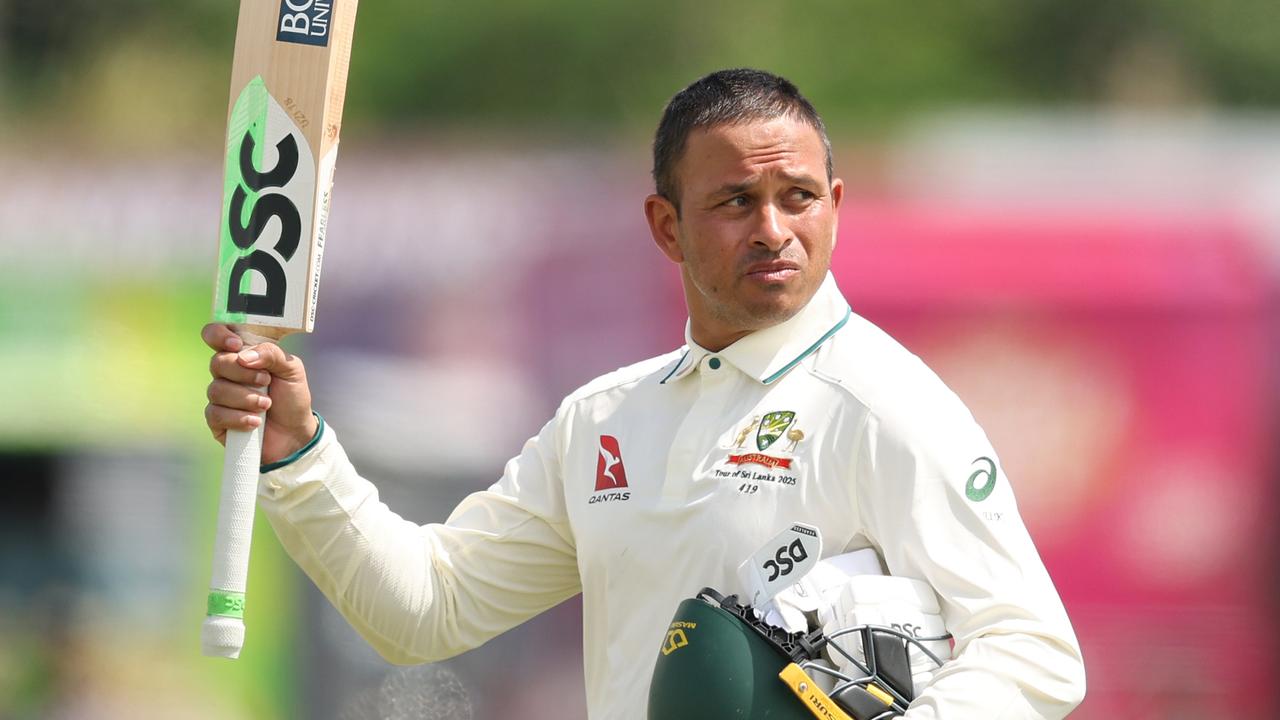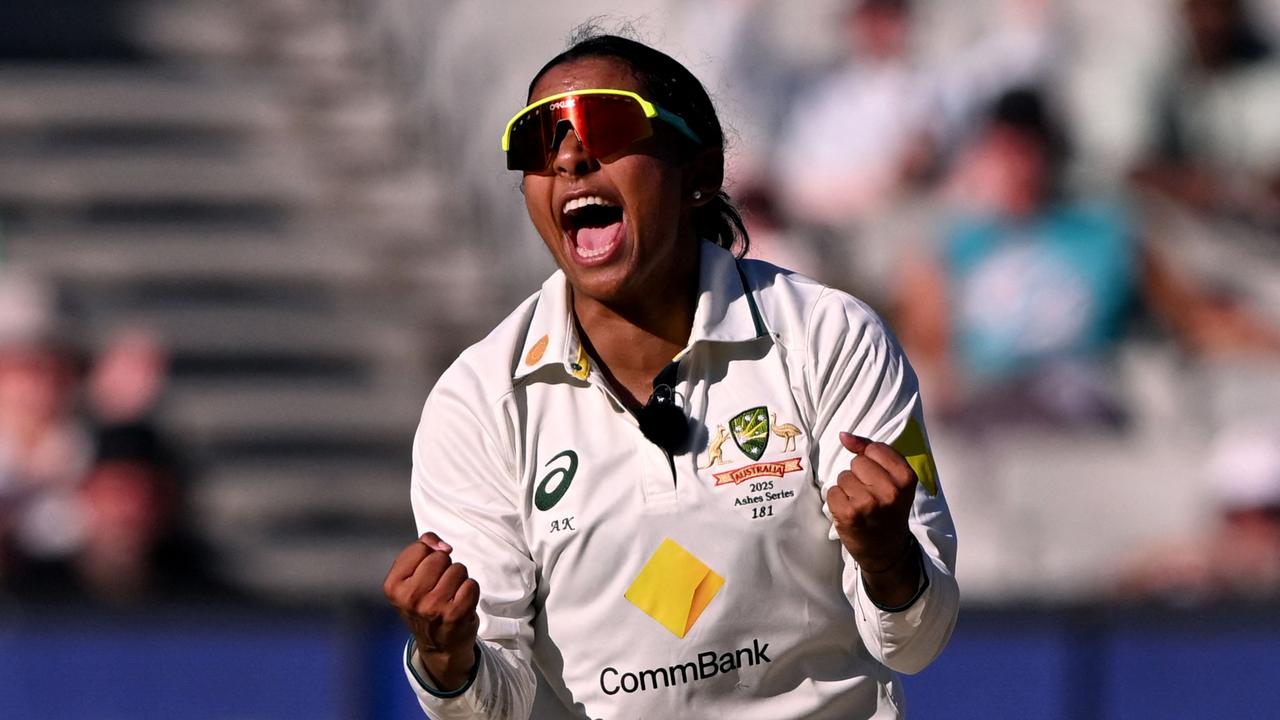Australia tour of Pakistan: IPL put before national duties for four high-profile stars
There’s one clear message coming through from Cricket Australia’s resting policy. What does it mean for the future of one-day cricket?
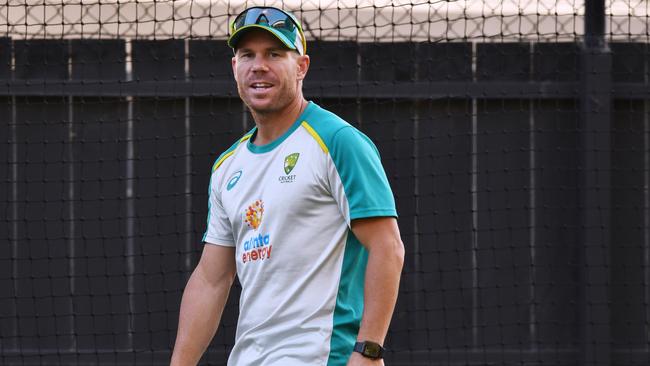
Cricket
Don't miss out on the headlines from Cricket. Followed categories will be added to My News.
In the IPL the rules are simple: you don’t play you don’t get paid. You play half the tournament, you get half the money.
Australian cricket needs do the same with its senior players who are increasingly absent from national duties, but more often than not available when their franchise calls.
This isn’t about punishment, it’s about striking a fair balance.
Captain Pat Cummins, star of the T20 World Cup David Warner and bowler Josh Hazlewood are all being rested from the white ball element of the Pakistan series.

The trio will take the opportunity to rest their legs before the IPL which they’ve been given permission to play and at which they will all earn in excess of $1m.
There’s one condition: they cannot play in the IPL until the last Australian Pakistan game is completed on April 6 so they may miss the start.
Fair enough.
Two of the three missed the series against Bangladesh and the West Indies ahead of the last IPL (yesterday it was mistakenly reported that Hazlewood missed those series).
There’s one clear message coming through from this resting policy which has been in place for some years now and it is that white ball cricket is borderline meaningless. That’s not a bad thing because it means Tests are being prioritised.
There’s also an emerging sense that — outside of World Cups — national white ball cricket is valued below the IPL and that’s an interesting development.
There’s a lot of issues arising here and they need to be considered calmly.
This is no invasion of the Ukraine but it’s as complicated as any geopolitical conflict. There’s give and take, carrots and sticks, upsides and downs.
It’s not a war and nobody wants it to become one, but it is a situation where fairness is starting to falter.
There’s a fine balance been achieved by national boards who carved out a six to eight week hole in the calendar to accommodate their players, the franchises and the BCCI, but the tournament has expanded to 10 teams, and if reports of a $7.5b broadcast payday ahead are close to the mark you can assume it is not about to recede any time soon.
The IPL has advantages for everyone.
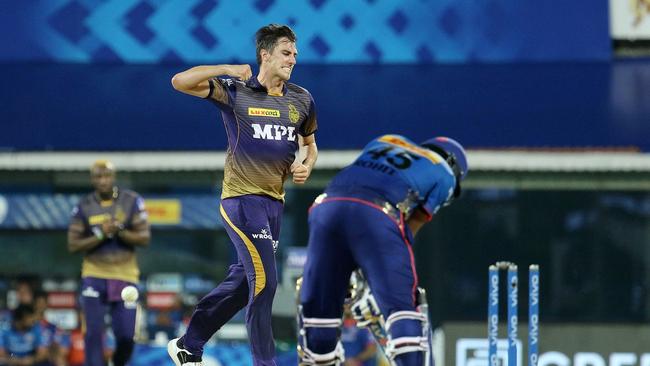
The boards get their players pimped at the best T20 league in the world. They come back better for the exposure to the world’s best cricketers and high intensity competition.
Cricket Australia also gets 10% from India in return for letting out its players. It’s compensation for the research and development.
Players in countries which can’t pay good money get a chance to earn a decent wage.
Thems the carrots, but boards know there are sticks that can be used to punish them if they do not co-operate.
Inherent in all this and unspoken publicly is the knowledge that if you upset the BCCI by blocking your players participation _ even though India will not let its players return the favour in the BBL or the like _ your finances are going to take a fearful blow.
The other threat is the risk you alienate your players if you stand between them and IPL dollars.
To this point in time, for the vast majority of Australian male cricketers, national duties have been considered a higher calling. The players want the Baggy Green, the glory of World Cups, the pride of playing for their nation, the thrill of Boxing Day at the MCG.
Still, you would not want to tempt fate by fencing off the IPL millions and asking anyone to pick a side.
Most would stay, but you never know … an older player could easily have their head turned by the notion of filling their bank account in the twilight years, a younger one might be foolish enough to see the IPL as a short cut to fame and financial security.
Warner was _thanks for coming _ player of the tournament for Australia in the last T20 World Cup which they won but that was his only outing against a white ball for his country since November 2020.
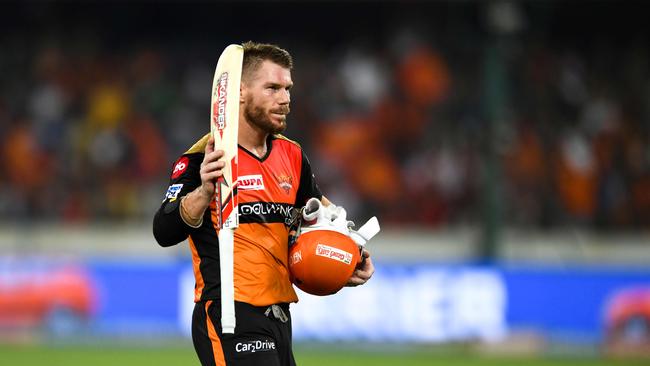
In the past senior and junior players often skipped overseas tours because of financial or family concerns. Ashley Mallett couldn’t get a break from his job as a journalist. Later in his career Greg Chappell opted out of a couple because he had small children and he was earning more away from the game than in it.
Contracts freed players from those concerns but perhaps now it is time to look at putting more value on tour payments so that a player earns more the more they play. There are match payments now but they only garnish the value of the central contract.
A few years back former chief operating officer Sundar Raman argued in a paper that the IPL was more valuable than the T20 World Cup scheduled to be played in Australia in October-November 2020.
Raman claimed the IPL generated one-third of cricket’s international revenue in 2019 despite the ICC ODI World Cup taking place in England that year.
He cited figures suggesting the IPL generated 30 per cent more revenue than the 2019 ODI World Cup and will generate 70 per cent more than the 2020 T20 World Cup.
With the broadcast rights set to double the IPL is only growing stronger and will only get better.
The good news is, in Australia at least, that Test cricket remains the most ultimate form with players and fans.
When David Warner made his international T20 debut before playing first class cricket he appeared the prototype of the new player who would earn millions and never pull on the baggy green. He told us at the time we were wrong about him and so we were.
Few Australian players have opted for that route, although Tim David is the exception. David has no state contract but has done so well at T20 he is being paid $1.53m by the Mumbai Indians.
A T20 franchise cricket journeyman he has, somewhat ironically, gained the attention of the national selectors through his efforts in private cricket leagues.
Things are alright for now but it would be unwise to not be constantly vigilant.
IPL put before national duties for Aussie stars
Test captain Pat Cummins, opener David Warner, bowler Josh Hazlewood and all-rounder Glenn Maxwell — the four highest-paid contracted Australian players in the IPL — will all be excused from national white-ball duties on the eve of the Indian tournament.
The same four were also excused from last year’s white-ball tours of the West Indies and Bangladesh and most of them missed the T20 series at home against Sri Lanka.
They will not, however, be allowed to play a game for their IPL franchises until the last match is played by Australia in Pakistan on April 5.
The players have been given leave from April 6 and provided with No Objection Certificates by Cricket Australia.
The IPL is expected to begin on April 2, although there has been talk of it beginning as early as March 27.

Maxwell is getting married, but the other three are all being give a break before the IPL and are expected to return to Australia after the third Test against Pakistan, which is scheduled to finish March 25.
Mitchell Starc is also being rested, although he is not playing in the IPL and has played most series for Australia.
Selectors indicated that in exchange for the unexpected break for the three all-format players, they were getting a full-strength Test squad.
Warner was one who reluctant to commit to the Pakistan tour, which will involve oppressive security and biosecurity protocols, but eventually conceded to play the three Tests.
The opening batsman faces months away from his wife and three children.
Cricket has carved a hole in its calendar for the IPL, but the eight-week tournament has added two teams and is two weeks longer this year.
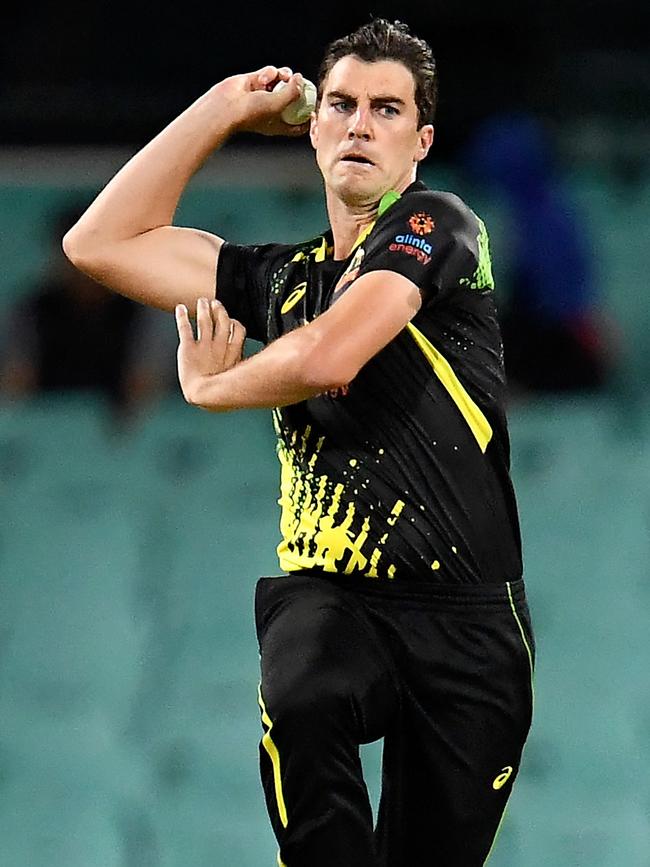
The encroachment of private club duties on national contract obligations has long been feared and appears inevitable as the IPL expands.
With the new rights broad deal expected to reach $7.5bn — double the $3.5bn paid by Disney for the current five-year deal — when tenders are floated, the tournament is only going to get bigger, richer and more difficult to accommodate.
Australia, like most other nations, has realised it has to be “pragmatic” in dealing with a tournament where its players can earn twice their annual wage for a few months’ work.
The issue is more acute for countries that cannot afford to pay their cricketers as much as Australia.
Hazlewood ($1.44m), Warner ($1.16m), Cummins ($1.35m) and Maxwell ($2.5m) are the highest-paid Australians in the tournament aside from Tasmanian Tim David ($1.5m), but he does not have a state or national contract.
Chief selector George Bailey was relaxed about the trade off.
“We’re pumped that we’ve got a full squad for the Test series,” he said “There’s no doubt it’s a pretty intense schedule for the last six months and even if you look ahead for the next 18 months, so its about working with those individuals, with the squad as a whole, to make sure you are trying to meet the needs of everything. This was a bit of a challenge this squad.”
Bailey dismissed criticism that players who missed the Bangladesh and West Indies tours and parts of the Sri Lankan series would now miss the white-ball element of the Pakistan series, but play in the IPL.
“We’ve worked really hard with our multi-format players over a long period, not just this series coming up leading into the IPL.
“One of the things we are really keen to ensure is we have our best Australian players playing for Australia for as long as possible, medium and longer-term,” Bailey said.
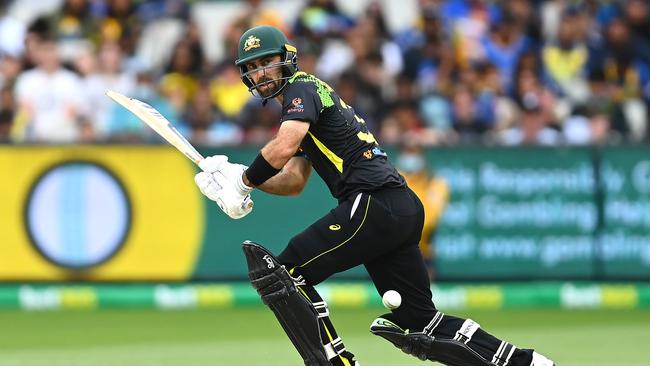
“So we are constantly working with them around their own personal situations to make sure they get what they need and we can continue to get what we need.
“The National Selection Panel will continue to be quite pragmatic about how we approach each series.
“I’m beyond excited about the fact we’ve got a full-strength Test squad. Pakistan is a place we don’t know a lot about, so to be heading off on a tour and not have a really clear-cut idea of what’s ahead of you is exciting
“I fully respect the IPL as a tournament. They are at the forefront of the evolution of the T20 game. It’s been a really important tournament for the skill development of some of our players, so it’s important not to underestimate that.
Five members of the white-ball squad have IPL deals, including Marcus Stoinis, who was bought by the new Lucknow franchise for $1.7m, and Mitch Marsh ($1.2m), who was picked up by Delhi, which is coached by Ricky Ponting.
Sean Abbott, Jason Behrendorff and Nathan Ellis were also named despite having deals with IPL franchises.
Matthew Wade is free to go straight to the IPL after being left out of the tour, which only includes one T20.
Originally published as Australia tour of Pakistan: IPL put before national duties for four high-profile stars


